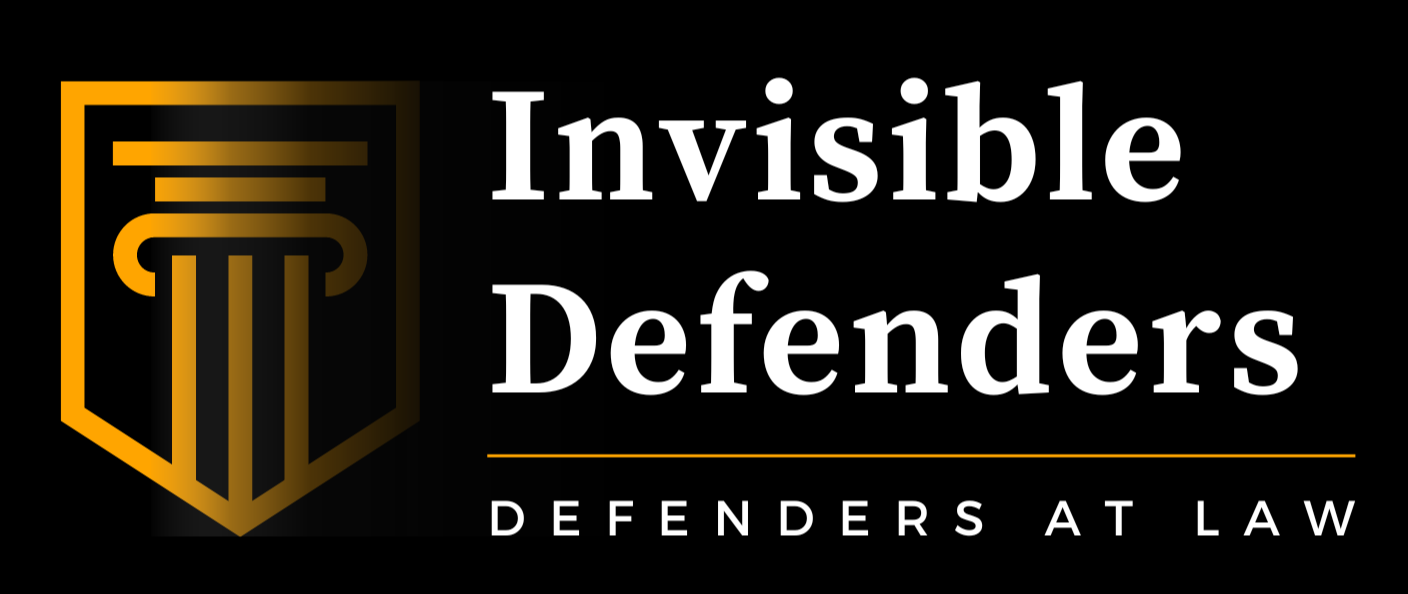
When embarking on the journey of selling your home, careful consideration of various factors becomes paramount. The process involves more than just putting a “For Sale” sign in your yard it requires strategic preparation to enhance your home’s value, attract potential buyers, and optimize your selling experience.
Deciding to sell the home involves thinking about different aspects. Regardless of whether someone is leaning towards selling a house without an agent or with an agent, it is important to decide on a good price for the home and understand what’s happening in the real estate market. It is equally vital to get the home ready for people who might want to buy it. This involves careful planning. The condition of your home, what’s happening in the local real estate market, and choosing the right time to sell also play a crucial role.
However, amidst the intricacies of home selling, it is crucial to stay informed about legal aspects that govern housing transactions. The Fair Housing Act, applicable nationwide, serves as a cornerstone, ensuring that discrimination based on race, religion, national origin, sex, familial status, or disability is strictly prohibited. This law is applicable in all 50 states and 3 territories, though most landlords and housing complexes are protected by the Landlord-Tenant Act. This Act does not prohibit a landlord from discriminating when determining the potential tenant’s ability to pay rent, but it is illegal to refuse housing to an entire family based on one member of that family’s income.
How the Fair Housing Act Protects Against Housing Discrimination
The Fair Housing Act is a federal law that protects people from housing discrimination. It was passed in 1968 and prohibited certain discriminatory practices in housing, including decisions related to religious practices, familial status, disabilities, race, and national origin.
The FHA’s protections apply within “all areas of this country where HUD has jurisdiction,” which include all 50 states, the District of Columbia, Puerto Rico, and U.S. territories. The FHA was amended by Title VIII of the Civil Rights Act of 1988. This Fair Housing Act Amendment Act (FHA Amendment Act), which is also known as the “Fair Housing Amendments Act of 1988,” expanded and clarified existing FHA protections.
The Fair Housing Act (commonly called FHA) outlaws discrimination by:
- Making, Printing, Publishing, Or Circulating Any Written Or Oral Statement
- Making Any Illustration Or Picture
- Advertising Any Housing
- Making Any Oral Statement Of Policy
- Exhibiting Any Advertisement, Sign, Bill, Or Notice
- Renting Or Leasing Any Housing
- Selling Or Exchanging
- Or Intentionally Denying Any Housing
How to Protect Yourself Against Fair Housing Violations
Fair Housing laws are designed to protect all prospective renters and homeowners from discrimination or other unfair housing practices. They ensure equal housing options for all Americans, regardless of race, color, religion, gender, familial status, national origin, disability, sexual orientation, or source of income.
The Fair Housing Act is a set of United States federal civil rights laws that protect people from discrimination in housing markets. The FHA protects people from discrimination on the basis of race, color, religion, sex, familial status, national origin, disability, and familial status.
FHA was created in order to eliminate housing discrimination, but there are still a lot of misconceptions about the law. In fact, people may think that it only protects tenants from rent increases. That’s not true: the FHA also prohibits discrimination in lease renewals, eviction proceedings, repairs, housing assignments, housing-related services, and fair housing marketing and advertising.
How Fair Housing Laws Are Enforced
Fair Housing Laws are committed to ensuring that all residents have access to housing that is free from discrimination. Fair housing advocates began pressing the U.S. government for anti-discrimination legislation in the 1960s. Today, all 50 states and the District of Columbia have implemented Fair Housing Laws, and the federal government has protections in place as well.
The United States has a long, proud history of combating housing segregation, which through a variety of means, from federal legislation to enforcement of local and state laws, has helped ensure that Americans of every race, creed, color, national origin, and income level have equal access to safe, affordable, and decent housing.
The Fair Housing Act of 1968 was the first major federal civil rights legislation passed to address housing discrimination. The law prohibits discrimination based on race, color, religion, sex, and familial status in federally-funded housing and in housing that is owned, controlled, or operated by a housing assistance provider.
